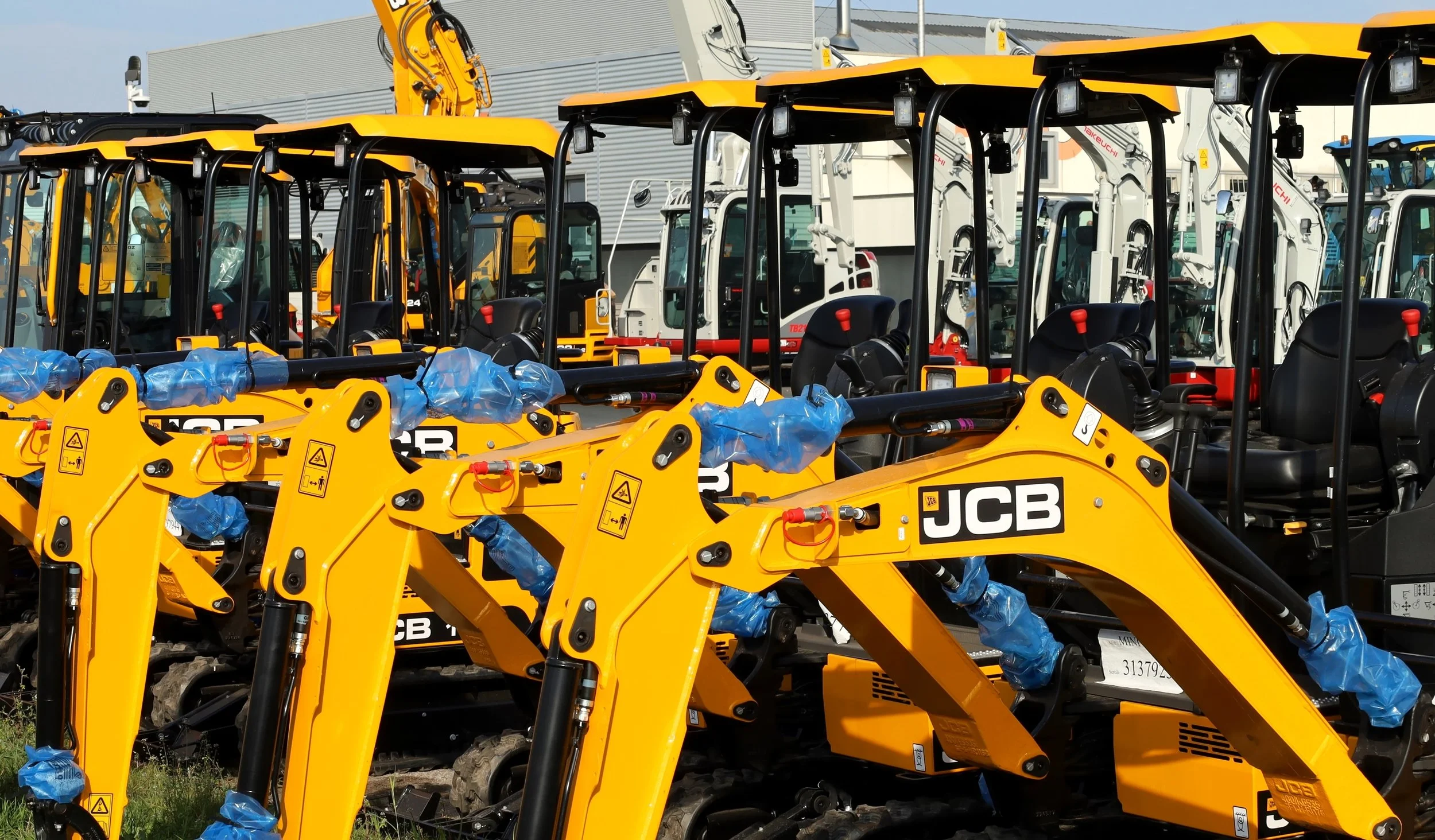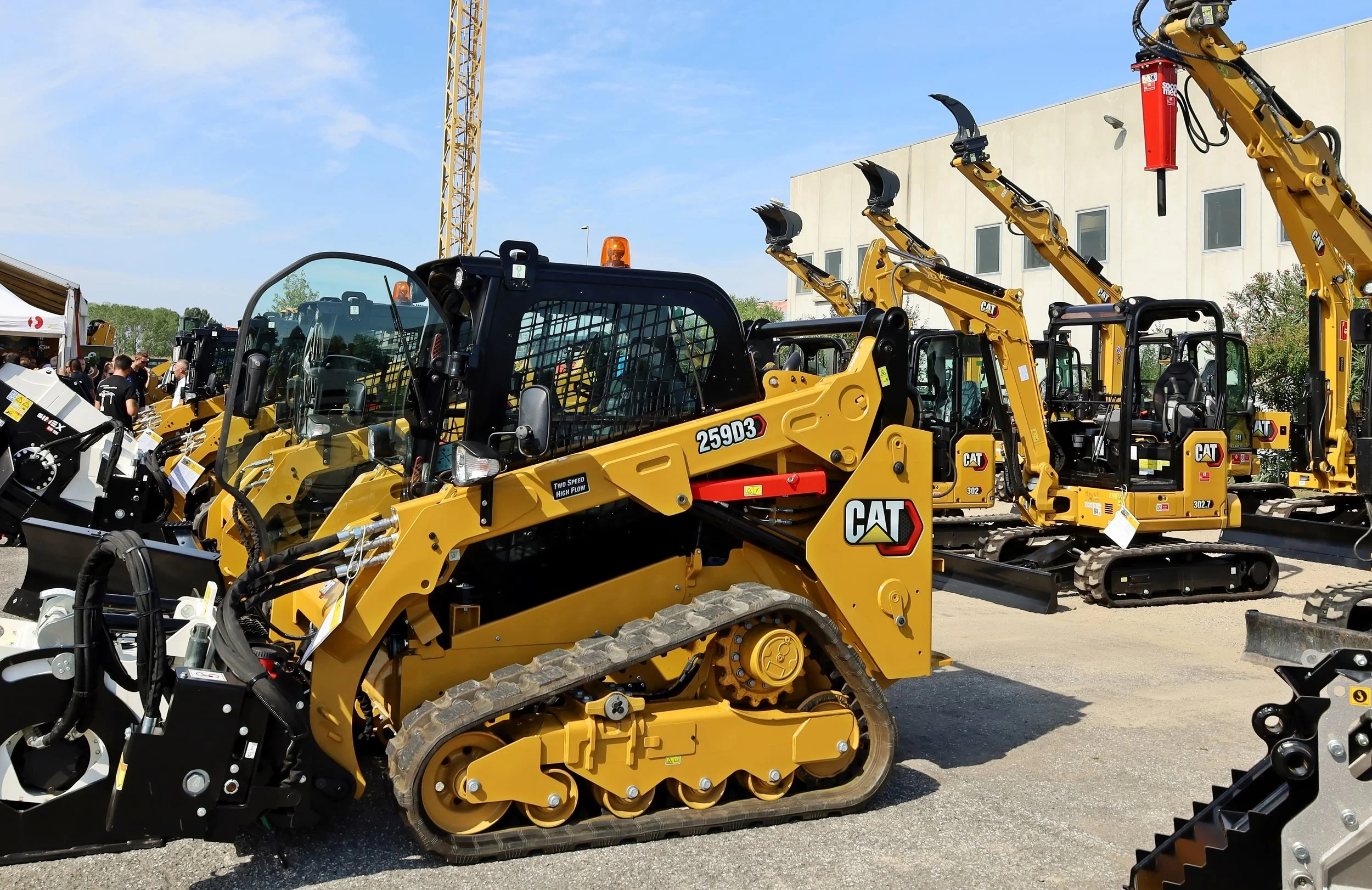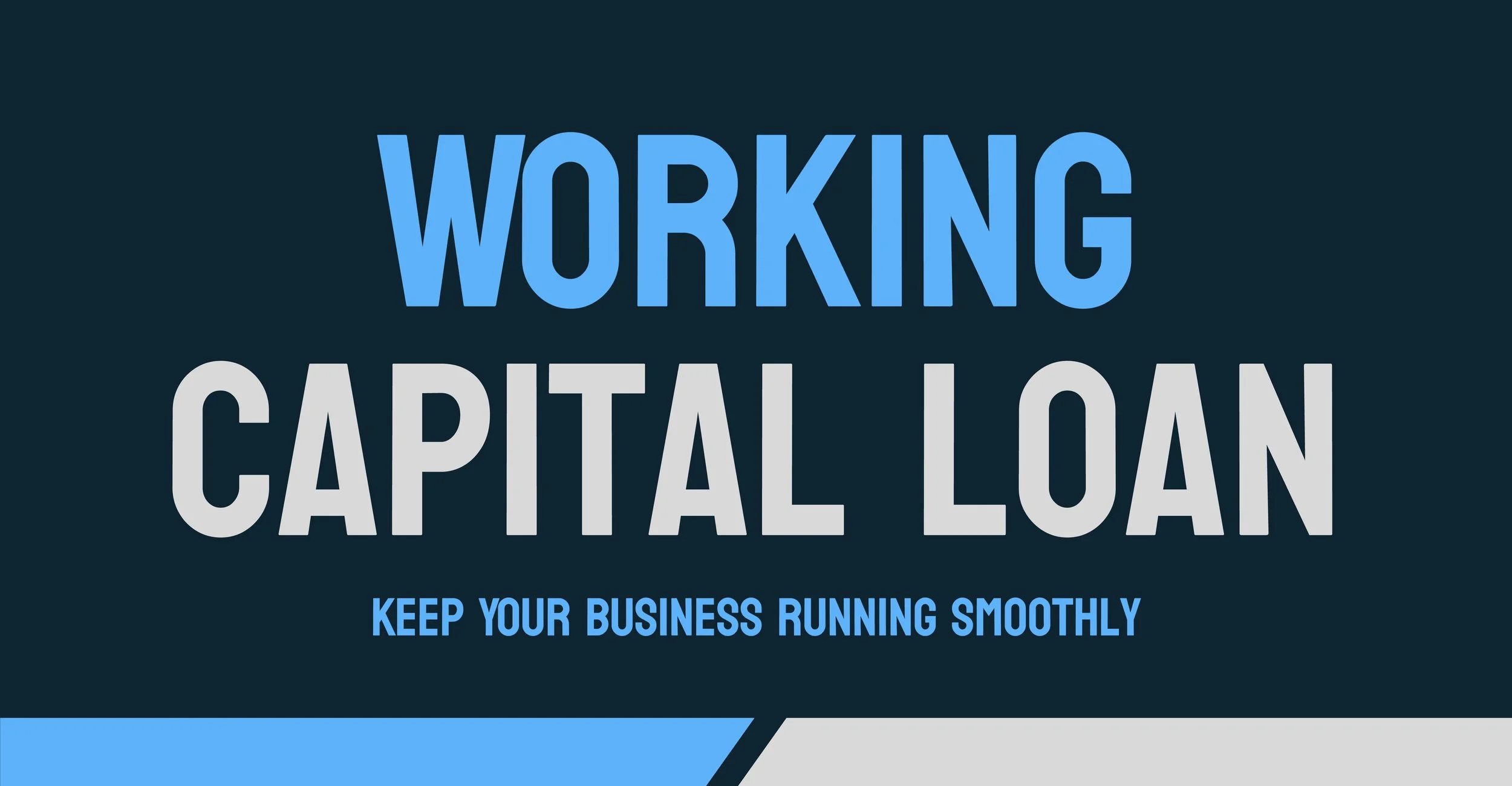Commercial equipment finance is a vital component of business operations, enabling companies to acquire necessary machinery, vehicles, and technology without the significant upfront capital expenditure. As we move through 2024, the landscape of commercial equipment finance is evolving rapidly, driven by technological advancements, changing economic conditions, and shifting business needs.
Podcast Setups | Acoustic and Soundproofing Contractors | Finance Facts
Top Benefits of Vendor Financing for Small Businesses in 2024 | Finance Facts
Vendor financing for equipment provides numerous advantages for small businesses in 2024, enhancing their ability to manage cash flow, access necessary equipment quickly, and support growth initiatives. By leveraging vendor financing, small businesses can maintain financial stability, build stronger relationships with vendors, and ensure they have the tools to compete effectively and grow sustainably.
Uncovering the Benefits of Invoice Factoring Services for SMEs in 2024 | Finance Facts
In 2024, invoice factoring remains vital for SMEs looking to enhance their cash flow, manage working capital efficiently, and drive business growth. By leveraging this financial service, SMEs can mitigate delayed payment challenges, reduce financial risks, and capitalize on new opportunities in an increasingly competitive market.
Smart Investments: How to Choose the Right Business Equipment Financing | Finance Facts
Choosing the right business equipment financing involves careful evaluation of your needs, understanding various financing options, and considering the financial impact. By assessing the reputation of lenders, understanding terms and conditions, and seeking expert advice, you can make informed decisions that support your business's growth and operational efficiency. Remember to stay flexible, monitor market trends, and plan for future growth to ensure your investments remain innovative and beneficial in the long run.
Top Benefits of Commercial Equipment Finance in 2024
In 2024, commercial equipment finance will be vital for businesses looking to maintain their competitive edge, manage cash flow, and stay technologically current. By leveraging the benefits of equipment financing, companies can optimize their operations, manage risks, and achieve long-term growth and profitability.
Fleet Equipment Financing and Management | Finance Facts
Equipment Financing for Heavy Machinery and Yellow Iron Equipment | Finance Facts
Auto Body Repair Shops | Equipment Financing and Insurance | Finance Facts
Equipment financing can provide auto body repair shops with the means to acquire the tools and machinery they need to operate efficiently and effectively. It's essential to carefully evaluate your options and choose the financing solution that best fits your business's needs and financial situation. Overall, insurance claims are integral to the operations of auto body repair shops, as they rely on insurance companies to approve and pay for repairs to vehicles damaged in accidents.
Equipment Financing for Auto Repair and Mechanic Shops | Finance Facts
Retail Business Equipment Financing | Finance Facts
Equipment financing for retail businesses is a business loan specifically designed to help retail companies acquire the necessary equipment and machinery needed to operate efficiently. This type of financing can be crucial for retail businesses to stay competitive, expand, or upgrade their operations.
Financing in the Beauty and Salon industry | Finance Facts
Financing the Restaurant and Hospitality Industry | Finance Facts
Food Truck Financing | Finance Facts
Commercial financing for food trucks can vary depending on location, business plan, creditworthiness, and the lender's requirements. Each option has its requirements, benefits, and considerations, so it's essential to research and choose the option that best fits your business needs and financial situation.
ASC 842 | "Lease Accounting Standard for Leases" | Finance Facts
On February 25, 2016, FASB issued Accounting Standards Update (ASU) No. 2016-02, Leases (Topic 842). ASC 842, also known as the "Lease Accounting Standard for Leases," is a collection of accounting rules issued by the Financial Accounting Standards Board (FASB) in the United States that involve all entities that report under Generally Accepted Accounting Principles (GAAP). Suppose you want to bypass ASC 842, finance rather than lease equipment or apply for working capital. In certain situations where compliance is readily available, leasing may be the appropriate way forward.
Energy and Renewable Sector Financing | Finance Facts
Equipment financing for the energy and renewable sector involves providing financial solutions to businesses and projects to acquire the necessary equipment for energy production and renewable energy initiatives. This type of financing is essential for companies looking to invest in sustainable and efficient technologies.
8 Kinds of Smarts in Service and Construction Industry | Finance Facts
Working Capital in Commerical Finance | Finance Facts
Working capital is a critical aspect of commercial finance, representing the difference between a company's assets and liabilities. It measures a company's operational liquidity and short-term financial health. Managing working capital efficiently is crucial for the smooth functioning of business operations.
Health and Life Insurance in the Service Industry | Finance Facts
Understanding Merchant Cash Advance (MCA) | Finance Facts
A Merchant Cash Advance (MCA) is a financial product commonly used in commercial finance. It is a form of business financing in which a company receives a lump sum of capital upfront in exchange for a percentage of its daily credit card sales plus a fee. This type of financing is prevalent among businesses with a high volume of credit card sales, such as retail stores and restaurants.




















